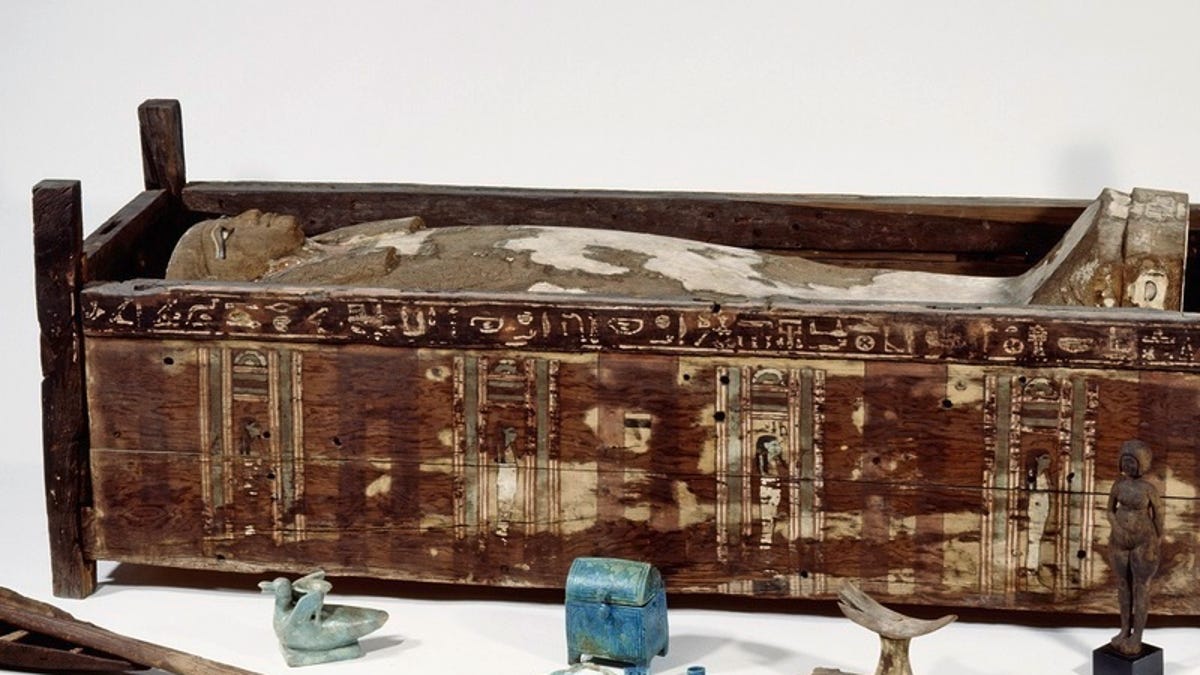Egyptian mummies reveal their genetic secrets
For the first time, researchers have gathered genome data from ancient mummies and have opened up a fascinating, new field in genetic studies.
A team of scientists is taking the wraps off the genetic history of mummies by studying the first genome data derived from these long-preserved Egyptian bodies.
Think of a genome as a set of genetic instructions, like a blueprint. Genome data can reveal clues to human migration patterns, trace the development of diseases and identify predispositions to health problems.
The study, titled "Ancient Egyptian mummy genomes suggest an increase of Sub-Saharan African ancestry in post-Roman periods" and published Tuesday in the journal Nature Communications, offers insights into ancient and modern Egypt. But it's especially significant as a "breakthrough that opens the door to further direct study of mummified remains."
There have been lots of questions about whether mummies can be a reliable source of DNA for genome studies. Much is based on concerns about the age of the genetic material, potential contamination, the toll taken by Egypt's hot climate and possible damage caused by the mummification process.
The scientists sampled 151 mummies from Abusir el-Meleq, an archaeological site along the Nile River. They obtained limited genome data from 90 of the mummies and genome-wide data from three of them.
The researchers compared the data taken from the mummies with current-day citizens, finding that "modern Egyptians share more ancestry with Sub-Saharan Africans than ancient Egyptians did, whereas ancient Egyptians were found to be most closely related to ancient people from the Near East."
"We wanted to test if the conquest of Alexander the Great and other foreign powers has left a genetic imprint on the ancient Egyptian population," study co-author Verena Schuenemann of Germany's University of Tuebingen said in a statement. The study, which looks at a span from 1400 BCE to 400 CE, found that the population remained genetically steady during that time.
The data derived from the deep past contrasts with what we know about the genetics of modern Egyptians, who "share approximately 8% more ancestry on the nuclear level with Sub-Saharan African populations than with ancient Egyptians." The researchers point to increased trade between the regions, more movement along the Nile and the slave trade as factors that came into play over the last 1,500 years.
The genome study is just the beginning. The researchers are curious whether the data from Abusir el-Meleq is representative of the larger population of Egypt and call for further genetic investigation.
CNET Magazine: Check out a sample of the stories in CNET's newsstand edition.
Logging Out: Welcome to the crossroads of online life and the afterlife.


